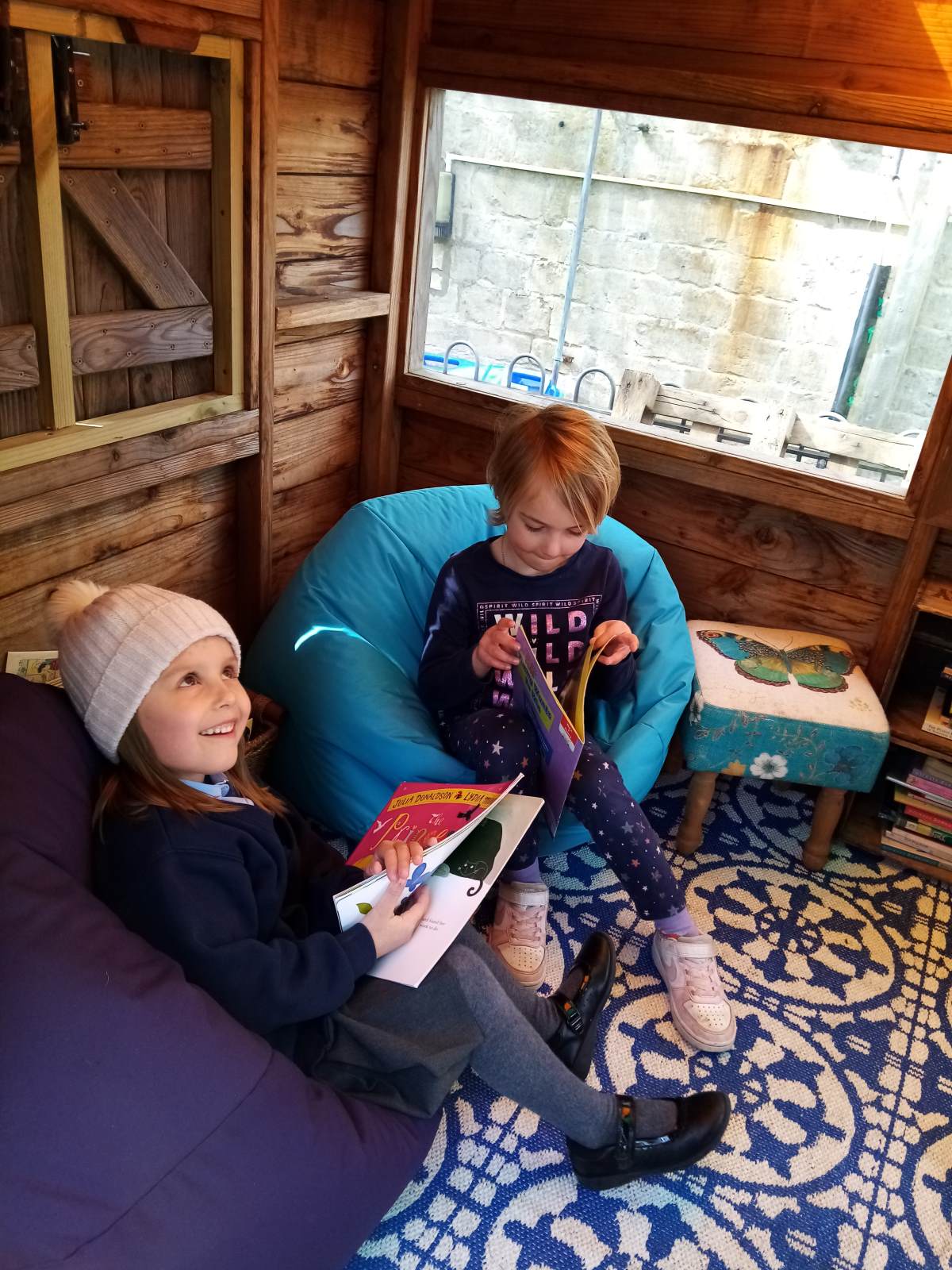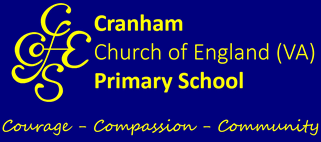Reading Intent: How we plan for this subject...
Early Reading
"The school places great importance on reading. When children start in Reception, they begin learning initial letters and sounds and make quick progress through the school’s phonics programme." (Ofsted May 2024)
Reading is an essential life skill. We support all our children in developing the key skills to read successfully, whilst aiming to give them a life long love of reading. Reading is initially introduced through systematic synthetic phonics. With synthetic phonics children are taught to read letters or group of letters by saying the sound(s) they represent; they are taught that the letter l sounds like llllll when we say it. Children can then start to read words by blending (synthesising) the sounds together to make a word. As a school, we use DfE approved Jolly Phonics throughout Early Years and Key Stage 1, crucial in this vital first stage of reading and letter recognition. We encourage parents to engage regularly at home in order to secure letter recognition and word blending skills, and to practise reading. Our early books are fully decodable and are matched to the sounds that they have learnt in school. At the end of Year 1, the children will complete the phonics screening check and results of this will be included in their end of year reports.
KS1 and KS2 readers
"The school places great importance on reading.... Older pupils read and enjoy a range of books. Often these support their learning in other subjects, such as history, geography and religious education." (Ofsted May 2024)
Our reading scheme consists of Oxford Reading Tree supported by a blend of books from different publishers. These are banded by phonic phase and progress in difficulty and phonics used as the children progress. As children move through the scheme, they will also encounter tricky words that will be needed to be learnt by sight. Children progress through this scheme at their own pace, but class teachers ensure that they do not tackle books containing aspects of phonics that they have not yet mastered. It is nationally recognised that those children who read regularly at home tend to make quicker progress than those who don’t, and so we encourage our families read together regularly and provide phonics workshops to aid parental understanding.

Reading for Pleasure
"The school places great importance on reading.... Older pupils read and enjoy a range of books. Often these support their learning in other subjects, such as history, geography and religious education." (Ofsted May 2024)
All children take home a reading book daily which is closely matched to their reading ability, as assessed by their teacher. We encourage books that are within each child's 'zone of proximal development' (ZPD): books that will challenge the child without causing frustration or loss of motivation. Alongside this, all children in school have open access to our school library, which is organised by interest levels and genres using the Accelerated Reader system, rather than book bands. Children are encouraged to explore a variety of books, including children's news, magazines and graphic novels, and choose anything they like to take home to read for pleasure. Our cosy library is well-stocked an kept up-to-date with monthly additions of new releases, selected by our class teachers and parent librarian. Our peaceful garden book nook is another very special place to read should children choose this at breaktime or lunchtime. Children are also encouraged to read books of choice from home or local libraries.

Reading Support:
"Those who need extra support receive this. The school is highly inclusive."
(Ofsted May 2024)
Children who find reading more challenging are quickly identified by our teachers and SENCO, and support is put in place. These children are 'daily readers' which means they will be listened to by an adult every day. During this time, adults will investigate, encourage and model lots of different reading skills such as making predictions and inferences, discussing vocabulary and explaining characterisation and plot.
Some children may need further reading interventions to teach and reinforce reading and spelling through regular fun activities - this is assessed and provided by our SENCO. Daily practice both at home and at school helps to close the gaps in their reading and spelling ability.
